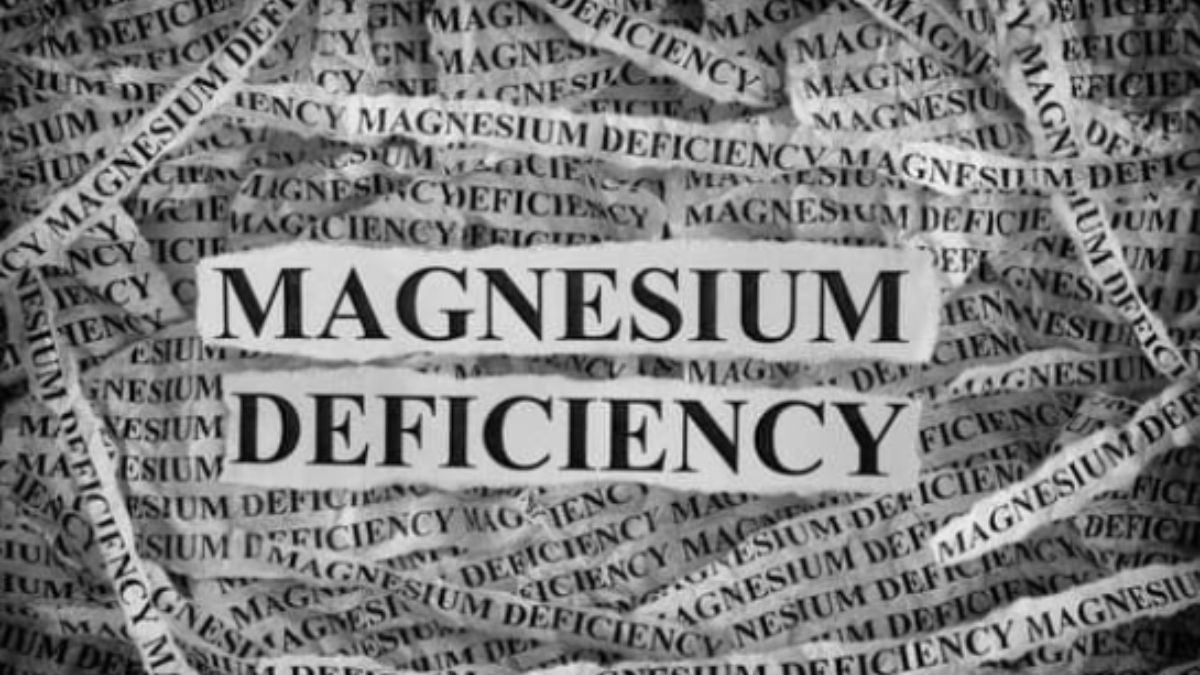It’s true what they say, health is wealth. In order to ensure that we lead a healthy life, it’s essential that we intake the necessary nutrients. Among the variety of nutrients that our body requires to function at its best, magnesium is among the vital ones. Often referred to as the “master mineral,” magnesium plays a crucial role in strengthening muscles and bones, as well as supporting the proper functioning of the heart.
An adult should aim to consume between 360-410 mg of magnesium daily. Falling short of this magnesium intake can result in a deficiency that exhibits certain signs. Let’s explore these indicators of magnesium deficiency:
1. Nighttime leg cramps: Muscle cramps and twitching are common symptoms of magnesium deficiency. Magnesium plays a significant role in muscle function, and a decrease in its levels can lead to cramps and twitching, often occurring at night.
2. Excessive fatigue after work: Fatigue and weakness are likely to be experienced due to magnesium deficiency. This mineral is essential for energy production in the body. A lack of magnesium can make it challenging for the body to generate enough energy, leading to fatigue and weakness.
3. Frequent headaches: Low magnesium levels can result in recurrent headaches. If you experience this symptom, it’s important to consult a doctor rather than ignore it.
4. Sudden loss of appetite: A shortage of magnesium can lead to problems like vomiting and loss of appetite. These digestive issues can significantly reduce your appetite.
5. Frequent eye twitching: Magnesium helps relax muscles, and its deficiency places stress on muscles. This can lead to improper relaxation of the eye muscles, causing frequent eye twitching.
6. Constipation: Apart from its other functions, magnesium plays a crucial role in bowel movement. Magnesium increases the water content in the intestines, easing bowel movements. A deficiency of magnesium can result in constipation.
Also Read: Honda CD 110 Dream: The Middle-Class Super Bike
To address magnesium deficiency, consider incorporating the following foods into your diet:
1. Dark Chocolate: Dark chocolate is a rich source of magnesium, along with iron, copper, and manganese. It contains flavanols, which benefit heart health by reducing bad cholesterol levels and lowering the risk of heart disease.
2. Nuts: Nuts are excellent for heart health due to their anti-inflammatory properties. They also help improve blood sugar and cholesterol levels. To protect your heart, include a handful of nuts in your daily diet.
3. Seeds: Chia, sunflower, and pumpkin seeds are high in magnesium. These seeds also offer iron, monounsaturated fats, and omega-3 fatty acids, which support heart health.
4. Bananas: These readily available fruits are rich in both potassium and magnesium. Potassium further reduces the risk of heart disease, making bananas a valuable addition to your daily diet.
5. Green Leafy Vegetables: Ensure that magnesium-rich green leafy vegetables like spinach, fenugreek, mustard, and kale are a regular part of your diet. These vegetables offer an abundant source of magnesium to meet your daily requirements.
Also Read: Online Dating Revolution: Divorce Rates Six Times Higher, Still 330 Million Users On Dating Apps













